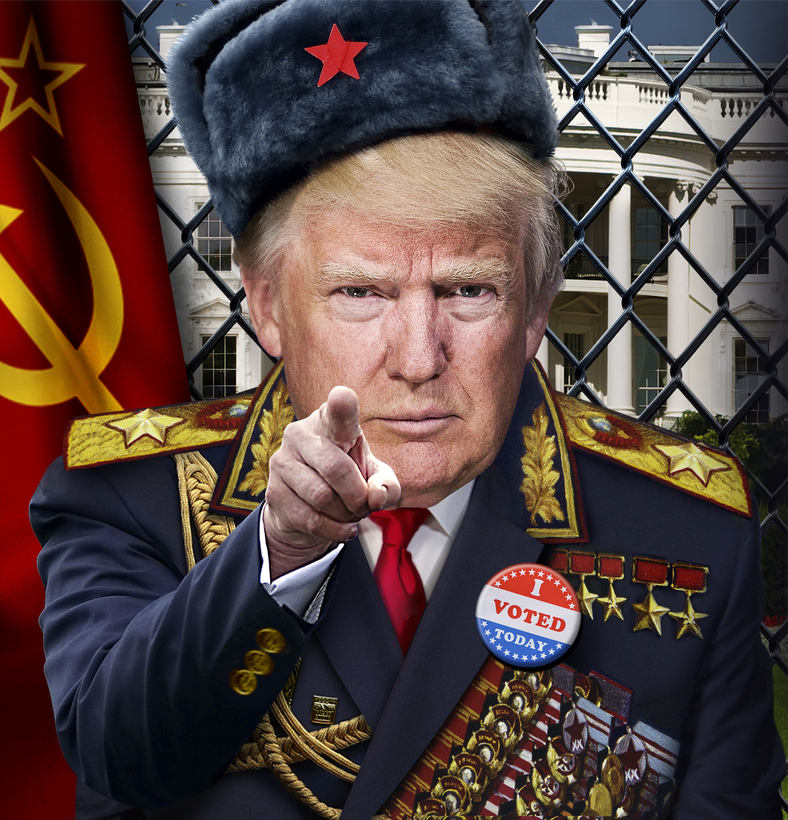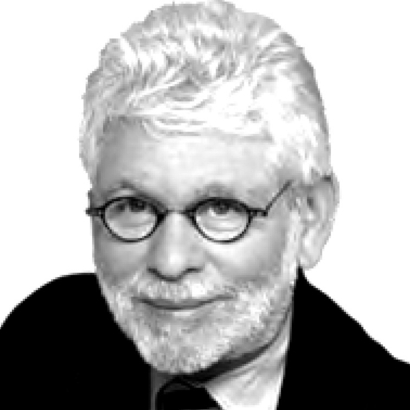It is November 3, 2020. Election Day in the U.S.A.
There’s a dusting of snow on the ground as Ekaterina Sokolova, 34, leaves her Moscow apartment for her 20-minute commute to 22 Komsomolsky Prospekt, an office of the G.R.U., the Russian security service.


